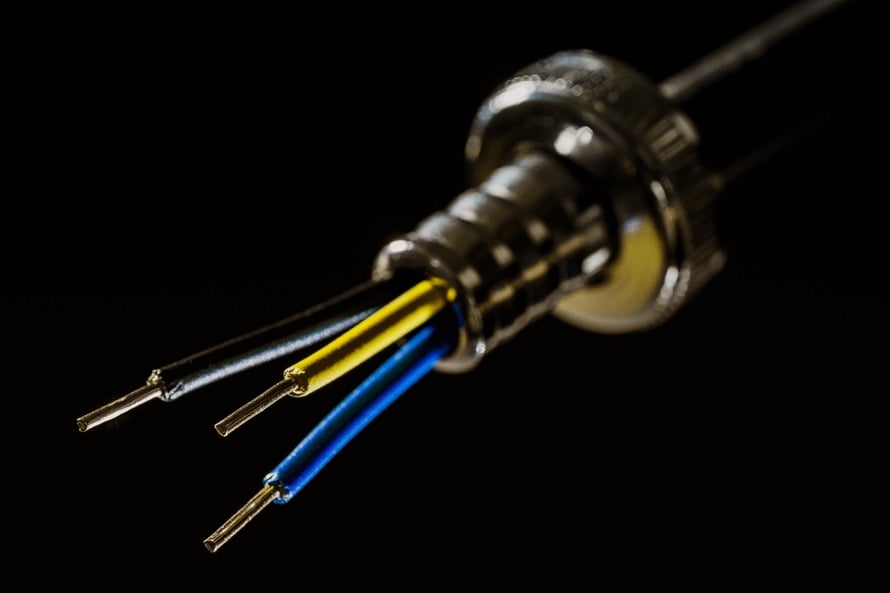
Electricity is one of the most important components of contemporary living. Our jobs, our entertainment, and many other facets of our day-to-day lives depend on electricity and its many applications. The electrical wires that carry energy in our homes, places of work, and automobiles need to be in optimal condition to make sure things run smoothly. It’s a good idea to understand a bit about what these wires do and which ones do what best, especially if you’re building or remodeling a home. For the sake of electrical safety, it’s also good to know which do what worst.
Copper Electrical Wire
Copper is considered the “gold standard” in the world of wiring. Most homes and electrical appliances rely on copper wire to transfer electricity for two reasons: it is a very good conductor, and is easy to mold and bend. Copper is not difficult to come by (though its abundance is not as great as that of some other conductive metal), so the price is reasonable for residential use.
Aluminum Electrical Wire
Aluminum is cheaper and more abundant than copper. It is also easy to shape and bend. It is, however, a less conductive material. An aluminum wire that is meant to carry the same amount of electricity as a copper one needs to be larger in diameter.
Electrical safety is an issue with aluminum wiring in residences; this is especially true of wiring installed in the 60’s and 70’s. Problems occur in the form of excess heat when aluminum wires are to carry the same load that a copper wire of the same size would normally carry. In many cases, this wiring has been replaced as it is known to be a fire hazard. Aluminum wiring is used safely today in larger diameters for commercial purposes. It can also be found in some modern appliances.
Ready to start your electrical wiring project?
Find ProsAlloys and Silver
For industrial use, an alloy is sometimes made from aluminum and copper to bridge the gap between performance and cost effectiveness. This type of wiring is generally not found in a residence.
Silver is the best conductor of electricity available and it has been used in electrical wires for quite some time in very specific, high temperature conditions. There are two main problems with silver wires: silver is difficult to bend, and it is very expensive. In certain environments, (ones that will never be found in the home), electrical safety would be compromised if silver was not used as a conductor.
Some people have recently brought silver wiring into the home for use with audio and video equipment. Though it certainly makes sense that signals would travel better through pure silver than through copper, the difference in cost outweighs, for most people, the difference in quality. There is also an issue with the amount of silver in these products, as many also contain a percentage of copper. It is unlikely that a small amount of silver in wiring would make a noticeable difference in signal quality for your home electronics.
 Powerful Electrical Upgrades
Powerful Electrical Upgrades  Tips for Finding & Hiring an Electrician
Tips for Finding & Hiring an Electrician  How to Wire a Light Switch
How to Wire a Light Switch  Outdoor Outlets and Faucets 101
Outdoor Outlets and Faucets 101  Electrical and Lighting Glossary
Electrical and Lighting Glossary 

Are You Familiar With This Topic? Share Your Experience.